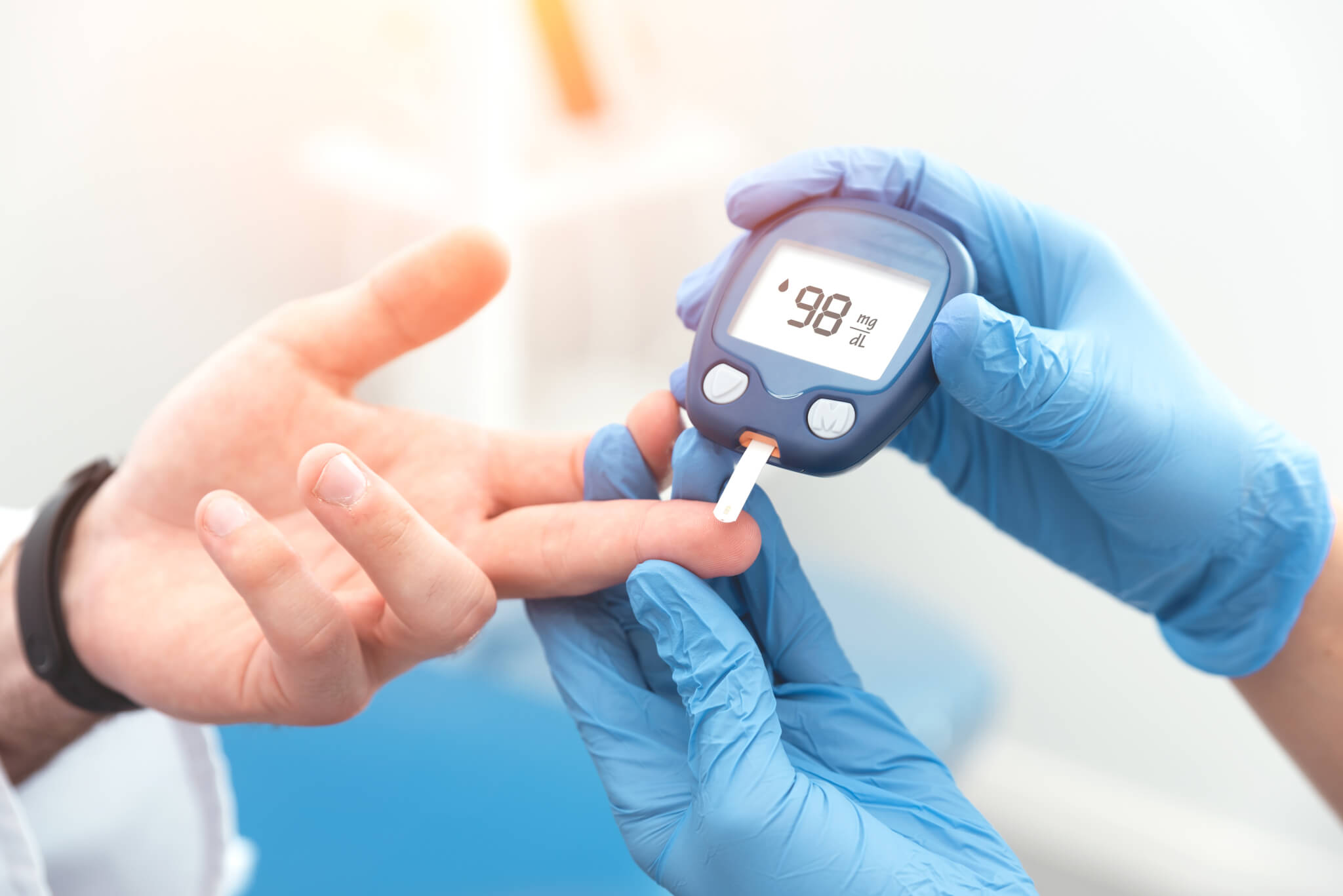Blood
Diabetes discovery: Researchers identify gene that regulates blood sugar after eating
CAMBRIDGE, United Kingdom — How does our body maintain healthy blood sugar levels? A groundbreaking study of over 55,000 individuals worldwide has uncovered key information on what goes wrong when someone is diagnosed with Type 2 diabetes.
Insulin, a hormone that regulates blood sugar levels, plays a crucial role in the development of Type 2 diabetes. Individuals with this condition struggle to regulate their glucose levels either due to inadequate insulin secretion or decreased sensitivity to insulin, known as insulin resistance.
While previous studies have focused on insulin resistance during fasting, researchers at the University of Cambridge delved into the mechanisms behind insulin resistance after consuming a meal or sugary drink, a critical factor in Type 2 diabetes. The findings could pave the way for future treatments for the disease that affects millions of people worldwide.
“We know there are some people with specific rare genetic disorders in whom insulin works completely normally in the fasting state, where it’s acting mostly on the liver, but very poorly after a meal, when it’s acting mostly on muscle and fat,” says Professor Sir Stephen O’Rahilly, the co-director of the Wellcome-MRC Institute of Metabolic Science, in a university release. “What has not been clear is whether this sort of problem occurs more commonly in the wider population and whether it’s relevant to the risk of getting Type 2 diabetes.”

An international team of scientists analyzed genetic data from 28 studies to identify genetic variants that influence insulin levels after a glucose challenge. The study uncovered 10 new loci (regions of the genome) associated with insulin resistance. Strikingly, eight of these regions were also linked to a higher risk of Type 2 diabetes, underscoring their significance.
Within the identified genetic regions, researchers found a gene related to GLUT4, a critical protein responsible for transporting glucose from the bloodstream into cells after eating. Decreased amounts of GLUT4 in muscle tissue were associated with this genetic variant.
Further investigation using cell lines from mice revealed 14 genes that played a vital role in GLUT4 trafficking and glucose uptake, nine of which had never been linked to insulin regulation before. These genes were found to affect the movement of GLUT4 from inside the cell to its surface, impacting the cell’s ability to remove glucose from the blood.
The study’s findings provide valuable insights into the mechanisms of blood glucose regulation and potential targets for new treatments. Detecting problems in glucose regulation after meals can serve as an early sign of increased Type 2 diabetes risk, and this research offers hope for the development of innovative therapies. By unraveling the fundamental mechanisms underlying common diseases like Type 2 diabetes, researchers can pave the way for precision healthcare and personalized treatments.
The findings are published in the journal Nature Genetics.



